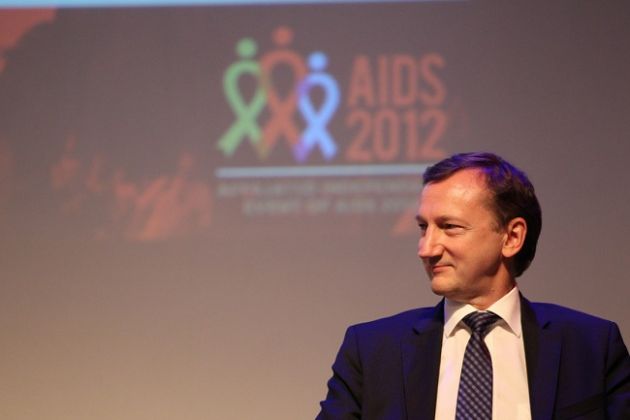Investors needed for faith-based groups says church network leader

Faith-based organizations have a 'vaster potential' for delivering humanitarian and development service around the world but lack investors to step up their commitment to help fulfill that, a church network head says.
Peter Prove, Executive Director of Geneva-based Ecumenical Advocacy Alliance, was set to participate in a forum on Friday where the topic of debate was how much religion leaders should incorporate into major decisions about politics, economics and science, according to World Association for Christian Communication.
The debate is part of the World Economic Forum's debate in Davos, Switzerland about "Religion and Politics."
Other speakers participating in the event represent Islamic Relief Worldwide; New York University; Heartfile, Pakistan; the Minister of Heavy Industries and Public Enterprises, India; and the Religious Action Center of Reform Judaism, USA.
In a statement ahead of the event, Prove said he expected to emphasize that the "vast unseen and unrecognized bulk" of the work performed by churches and church-based organizations in health care, education, poverty reduction, humanitarian aid and social justice is overshadowed by "widely reported situations in which religion is presented as negative and obstructive."
"In particular, faith-based initiatives reach rural, remote and marginalized communities, especially in the Global South, where official services fail to reach," he adds.
Looking beyond their current role, he said faith communities and related groups "have a still vaster potential for essential humanitarian and development service delivery, given their presence at the grassroots everywhere, and the organizational structures and networks they already possess."
"What they lack is the investment and capacity-building to better fulfill this potential," he added.
Prove cited research showing that "despite the well-recognized importance of faith-based health service delivery in countries of the greatest need, less than 5% of funding from the Global Fund to Fight AIDS, Tuberculosis and Malaria goes to faith-based organizations."
He says that whether or not one has a positive view of religion, "faith cannot be ignored."
He emphasized that trying to avoid or isolation religion in development work will risk more negative outcomes than investing in its capacities, engaging its potential, and bringing faith actors into dialogue."